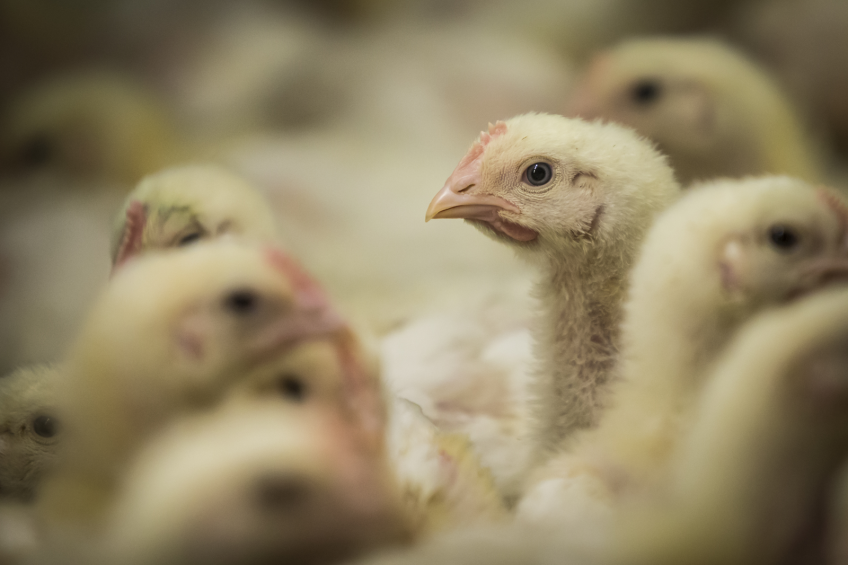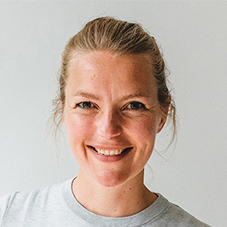“Holistic approach can reduce antibiotics”

“With a holistically integrated approach based on farm, feed and health management, antibiotic use can be reduced significantly on a global scale – with equal or even improved productivity.”
This was stated by Knut Nesse, CEO of Nutreco at the UN High-level Meeting on Antimicrobial Resistance (New York) and the ONE Health Antibiotic Stewardship Summit hosted by Elanco in Washington D.C.
At the One Health Summit, Knut Nesse stressed the need to develop alternatives to antibiotics. As a result of a growing world population and the increased demand for animal protein, recent studies indicate that antibiotic use in farming is expected to rise drastically if we continue business as usual. “We face an immense challenge to feed a growing world population, while at the same time the environmental pressure on the planet must be halved. So more food needs to be produced with less resources. The urgency of antibiotic resistance now adds another challenge to it,” he emphasised. “It is inevitable that we reduce the amount of antibiotics used in food production significantly. We can only achieve this if we redirect our focus to alternative strategies.” Nutreco is committed to conducting anticipatory research and is currently validating new, non-antibiotic feed additives and functional diets that are one of the key factors in reducing antibiotic use.
Cross-sectoral collaboration
Experiences in Norway and the Netherlands demonstrate that cross-sectoral collaboration involving farmers, veterinarians, government, science and industry can reduce the use of antibiotics in food production significantly. Antibiotic use in Norwegian salmon farming has come down with 99% since 1990. In livestock farming in the Netherlands, today 58% less antibiotics are used compared to 2009. In both examples productivity remained equal or even improved. “A very substantial part of antibiotics is used on farms routinely or to overcome suboptimal conditions. With a holistically integrated approach based on farm, feed and health management, antibiotic use can be reduced significantly – with equal or even better productivity,” said Nesse. “First and foremost this requires a change in mind-set. By learning from best practices and focusing on alternative strategies, we can help farmers in feeding a growing world population using less resources as well as less antibiotics.”
4 areas that need action
Translating the Nutreco vision into priorities, Knut Nesse outlined 4 areas in which regulatory action needs to be undertaken:
- Setting ambitious antibiotic reduction targets in food production without back doors.
- Creating transparency by improving the monitoring of antibiotic use in food production and the surveillance of antibiotic resistance.
- Redirecting part of the innovation focus and funding to alternatives including nutritional solutions, robust animals, precision livestock farming and farmers’ advice.
- Adapting the regulatory framework so that health and performance attributes of nutritional solutions are acknowledged for and recognised.
[Source: Nutreco]
Join 31,000+ subscribers
Subscribe to our newsletter to stay updated about all the need-to-know content in the poultry sector, three times a week. Beheer
Beheer











 WP Admin
WP Admin  Bewerk bericht
Bewerk bericht